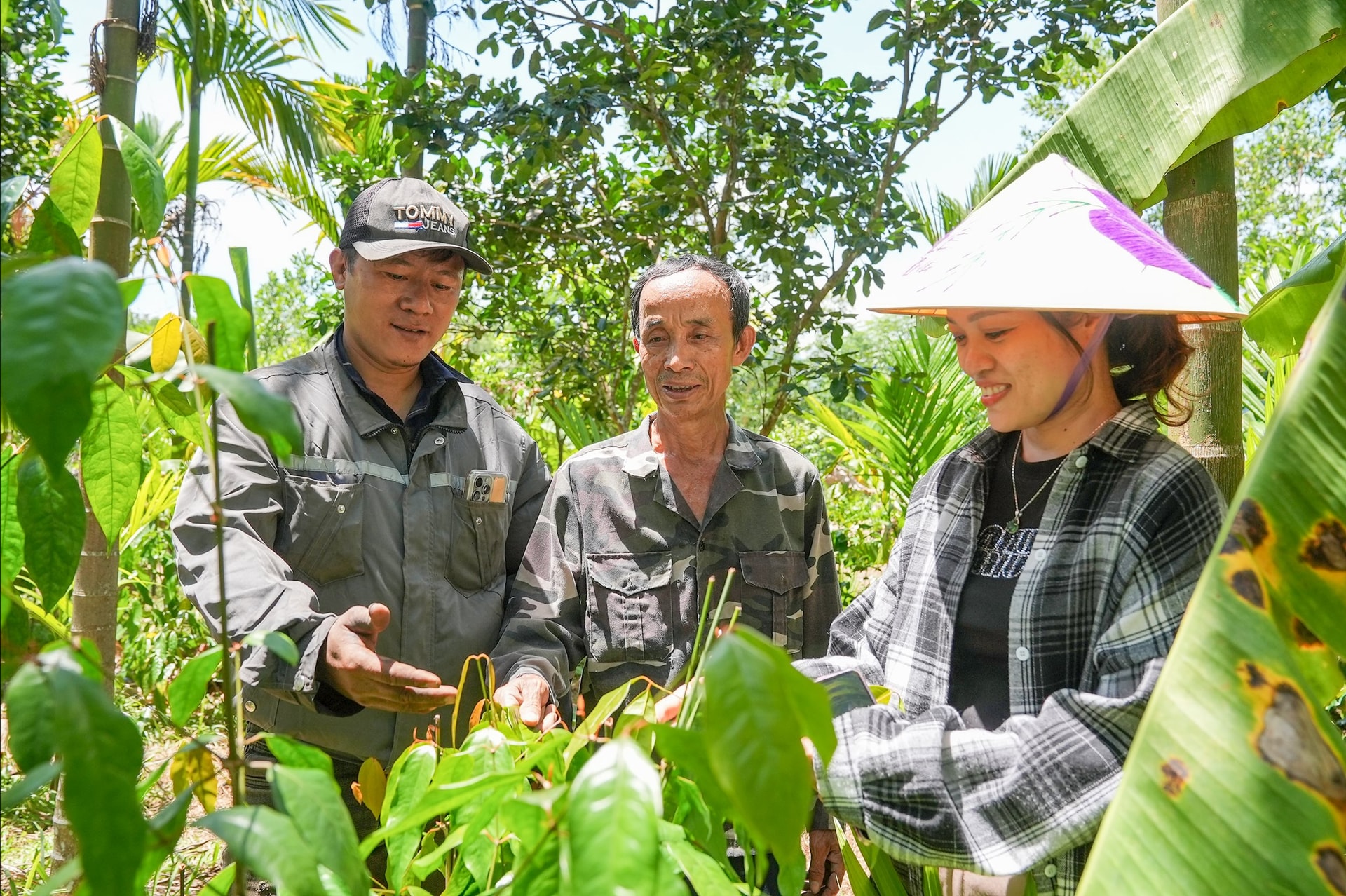
Awakening indigenous values
In Lanh Ngoc commune - a locality established after the merger of three communes Tien Hiep, Tien Ngoc and Tien Lanh (belonging to the old Tien Phuoc district), economic activities, although still small, are prominent with many typical products from forests, rivers and streams. Nhan Tam Trade and Service Cooperative is one of the units actively collecting and connecting the consumption of these products.
Ms. Hoang Thi Thuy Nga, Director of the Cooperative, said that in the commune, there are many natural products such as fish, eel, green lim mushroom, wild honey... that are collected by people after each trip to the forest or stream. The Cooperative purchases, classifies and then sells them to the Southern market.
“The advantage of Lanh Ngoc is that there are 4 bus companies going to Ho Chi Minh City, so goods can be delivered within the day. Thanks to that, prices are stable and more products are sold. For example, fish is sold at the market for 350,000 VND/kg but is difficult to sell. If we collect goods and connect with restaurants in the South, the output will be better and prices will be stable,” said Ms. Nga.
[ VIDEO ] - Ms. Hoang Thi Thuy Nga, Director of Nhan Tam Trade and Service Cooperative, shares about purchasing and connecting agricultural product consumption:
Similarly, Nong Son commune, formed after the merger of Trung Phuoc town and Que Loc commune (formerly Que Son district), also has great potential for service development. With the advantage of having the Thu Bon River flowing through it, people maintain the long-standing profession of fishing, especially cage fish farming and exploiting natural river fish to serve the culinary needs of tourists. Trung Phuoc market is both a trading hub for residents of the Western region and a place to collect agricultural products and bring them to the city center and neighboring localities for consumption.
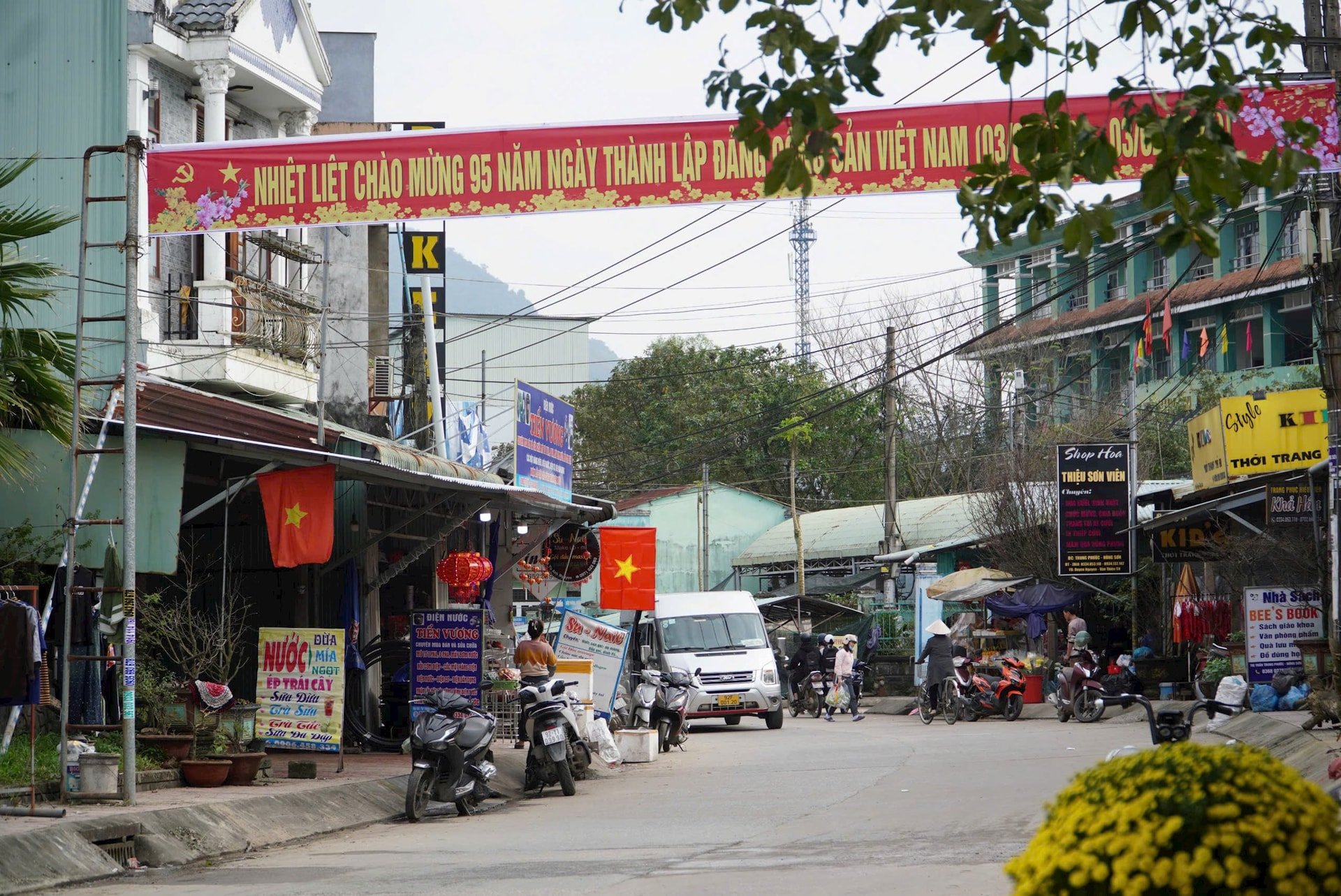
Notably, this locality also owns a famous agarwood brand, which is a major export product to China and West Asia. Dai Binh village, known as the “fruit village” in the arid Central region, still maintains many perennial gardens with grapefruit, orange, tangerine, and pomelo. This is also a tourist destination on eco-tours from Hoi An, My Son, and Da Nang.
Ms. Truong Thi Thanh Van, a tourist from Hoa Cuong ward, shared: “I often visit Dai Binh village during the fruit ripening season. This place not only brings a peaceful and pleasant feeling but also allows you to buy clean and safe fruit. Accompanying services have also begun to appear, bringing an interesting experience.”
Complete planning
To promote local resources, leaders of mountainous localities have determined the direction of infrastructure investment, production support and more systematic market connection. Mr. Thai Cong Can, Vice Chairman of the People's Committee of Lanh Ngoc Commune, said that although located in a remote area, the commune has a bustling market, which is a transit point for goods from many places. Notably, thanks to its proximity to National Highway 40B and the presence of many operating bus companies, transporting goods over long distances is very convenient. The commune government is proposing that the city soon invest in expanding the DT615B route to improve transportation capacity and facilitate trade.
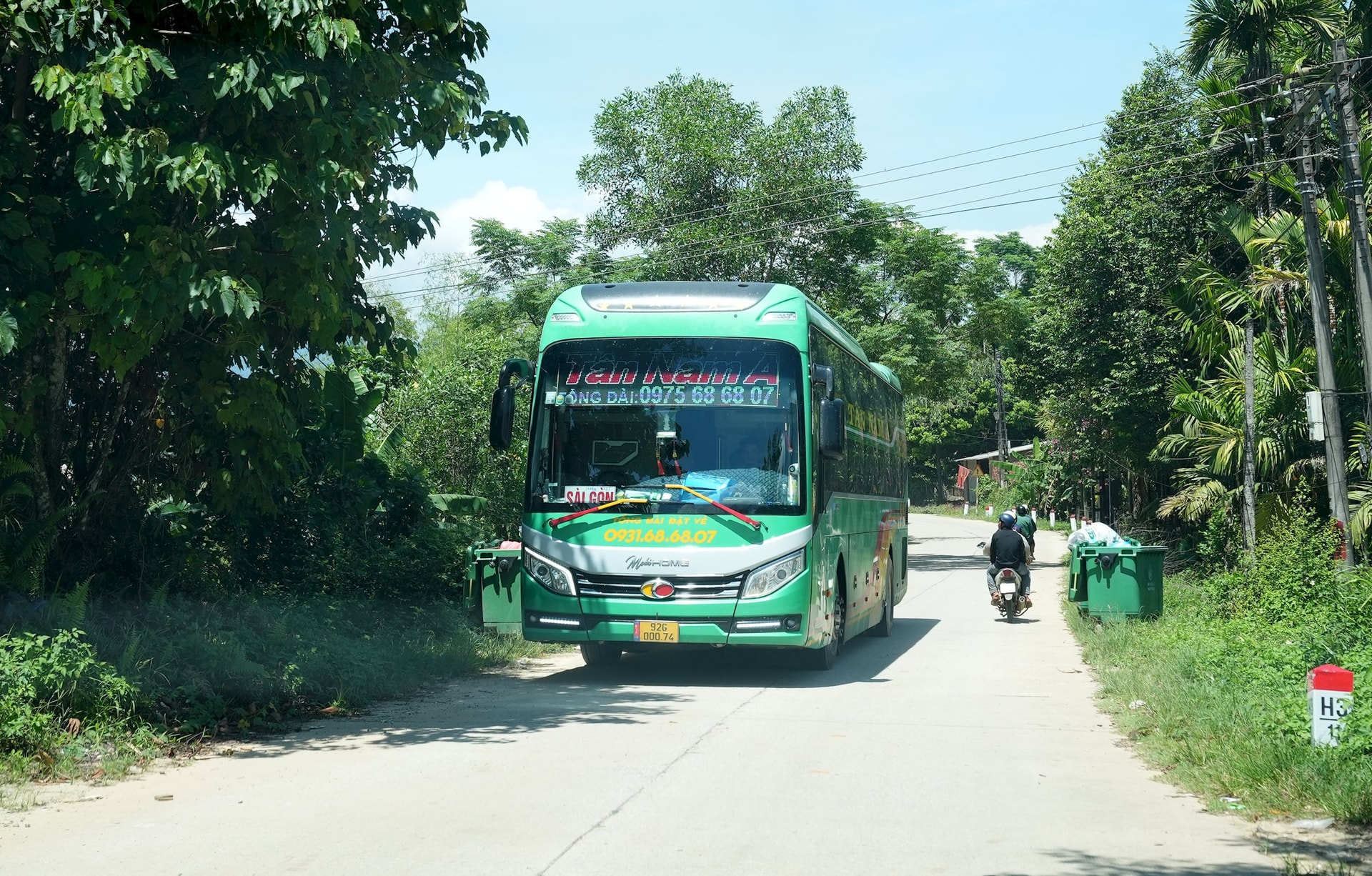
For Nong Son commune, the long-term development orientation is even clearer. Ms. Phan Thi Bich Phuong, Head of the Commune Economic Department, said that the biggest difficulty at present is the lack of synchronous planning. Some potential locations such as Tay Vien hot spring area and Trung Phuoc market street have investment policies but are waiting for the master plan to be adjusted. When there is a new plan, the commune will attract investors to exploit resort services, traditional markets, commercial areas, etc.
“Nong Son also aims to upgrade specialty products with 3-star and 4-star OCOP certifications into key products, consumed in markets outside the province. The commune government is planning to support modern machinery, promote trade, and advertise products through fairs, exhibitions, and e-commerce platforms,” said Ms. Phuong.
[VIDEO] - Ms. Phan Thi Bich Phuong, Head of Economic Department of Nong Son commune, shares the orientation of trade and service development:
In recent years, the implementation of the Trade Development Program for mountainous, remote, isolated and island areas for the period 2015 - 2020 (according to Decision No. 964 dated June 30, 2015 of the Prime Minister) and the period 2021 - 2025 (according to Decision No. 1162 dated July 13, 2021) has created an important premise for the development of trade in the western part of the city. In particular, resources from projects under the national target program, the One Commune One Product (OCOP) program, startups... are gradually increasing the proportion of trade and services in the economic structure in mountainous localities.
Looking at the two typical examples of Lanh Ngoc and Nong Son - places with many difficulties in infrastructure, we can see that the mindset has changed: from small-scale production to consumption linkage, from single rural markets to value chains associated with tourism and experiences. This is the direction to create sustainable livelihoods, keep people in the countryside, contribute to building modern new countryside, and narrow the gap between regions.
Source: https://baodanang.vn/tao-da-cho-thuong-mai-dich-vu-vung-tay-da-nang-phat-trien-3300637.html







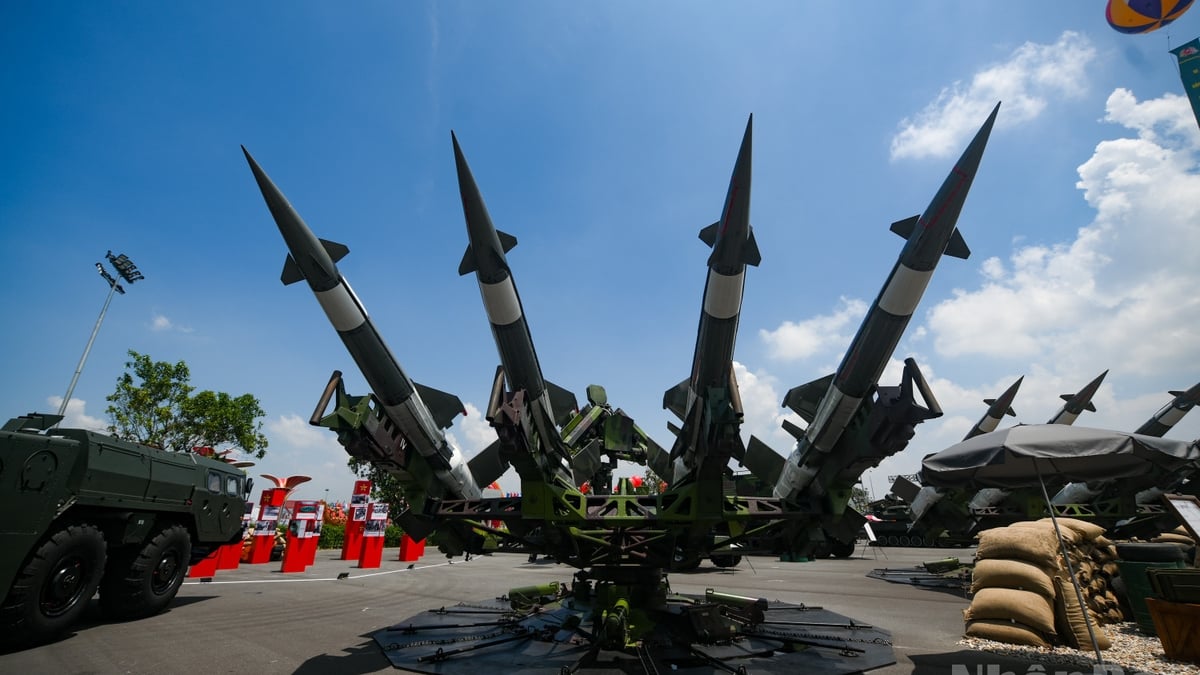
![[Photo] Hanoi is ready to serve the occasion of the 80th National Day Celebration on September 2nd](https://vphoto.vietnam.vn/thumb/1200x675/vietnam/resource/IMAGE/2025/8/29/c838ac82931a4ab9ba58119b5e2c5ffe)
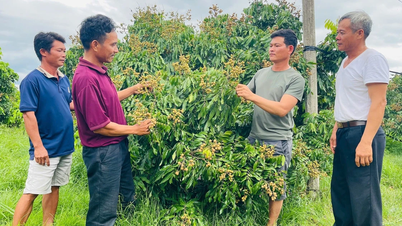

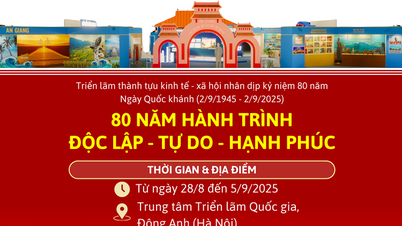

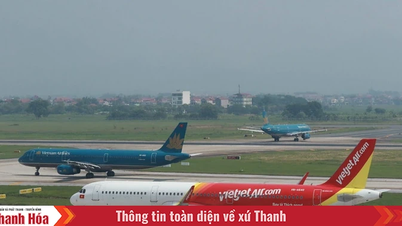

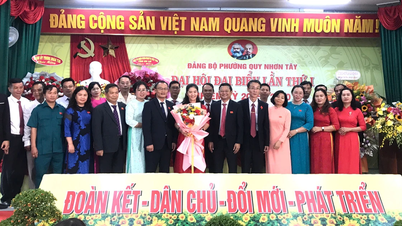
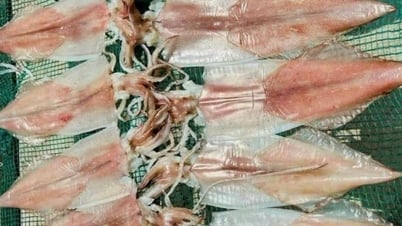

![[E-Magazine]: That place is so passionate that it makes your heart flutter](https://vphoto.vietnam.vn/thumb/402x226/vietnam/resource/IMAGE/2025/8/22/ac7c83ddf6dc43a49a177f8f8bc2262d)
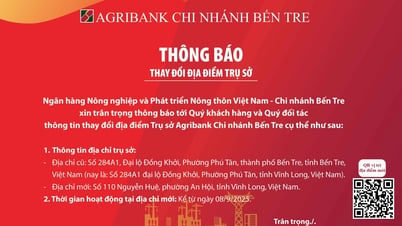

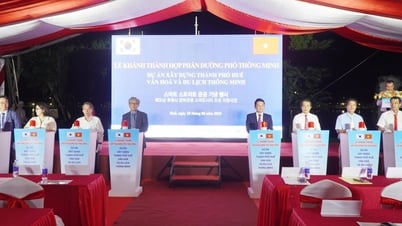

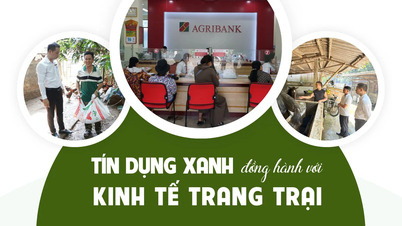

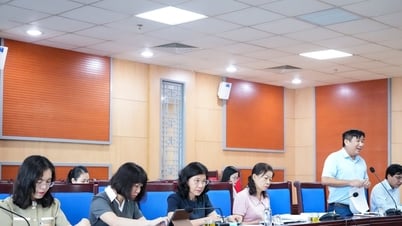

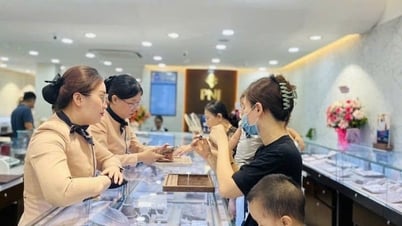
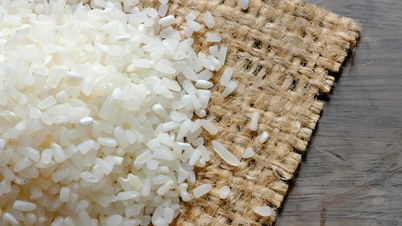





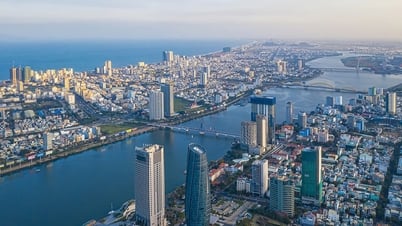
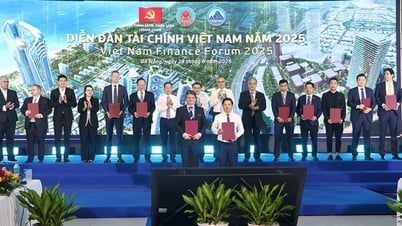
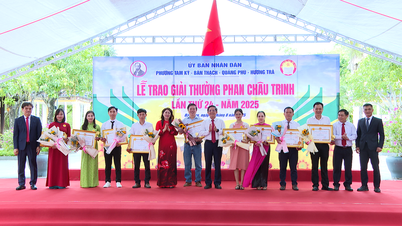
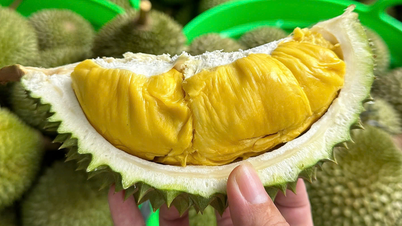
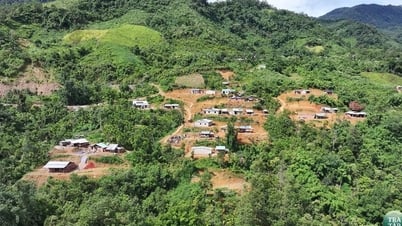
![[Photo] Prime Minister Pham Minh Chinh meets with Speaker of the New Zealand Parliament Gerry Brownlee](https://vphoto.vietnam.vn/thumb/1200x675/vietnam/resource/IMAGE/2025/8/28/cec2630220ec49efbb04030e664995db)



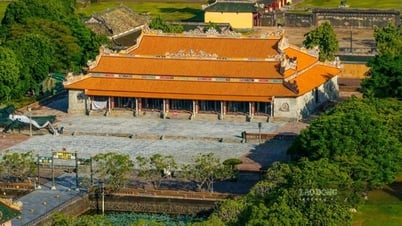

























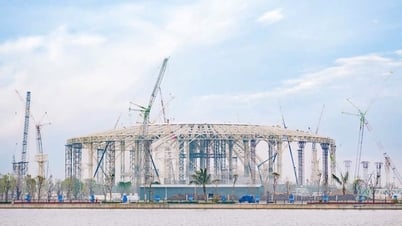


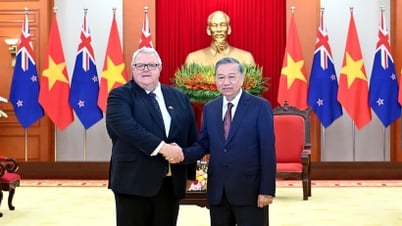
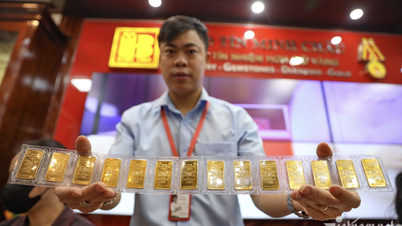

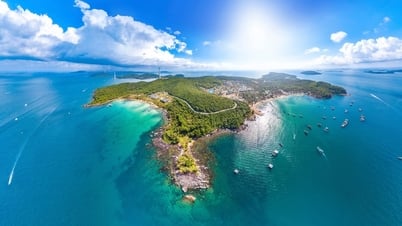
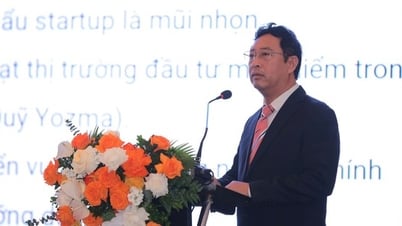

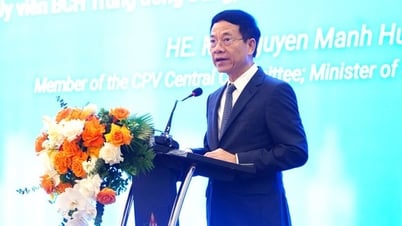


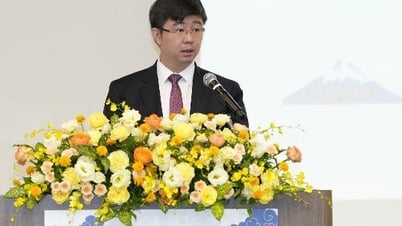
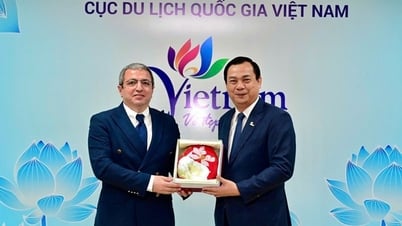
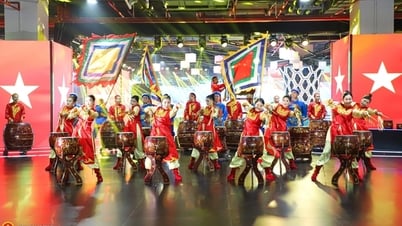
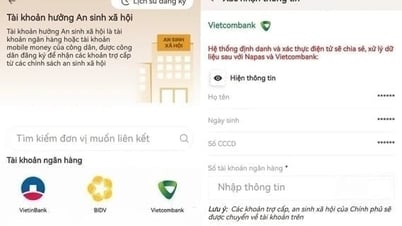

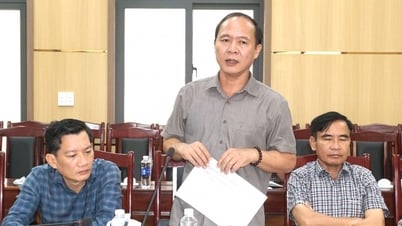

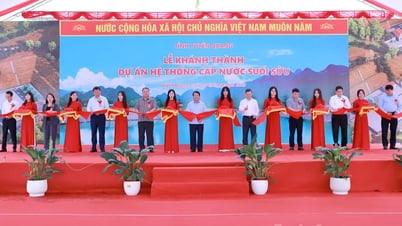

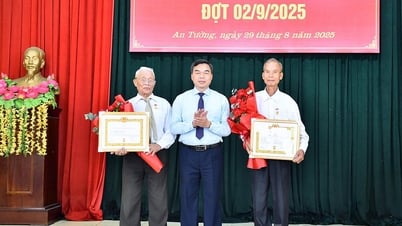




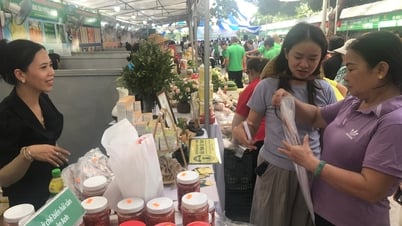



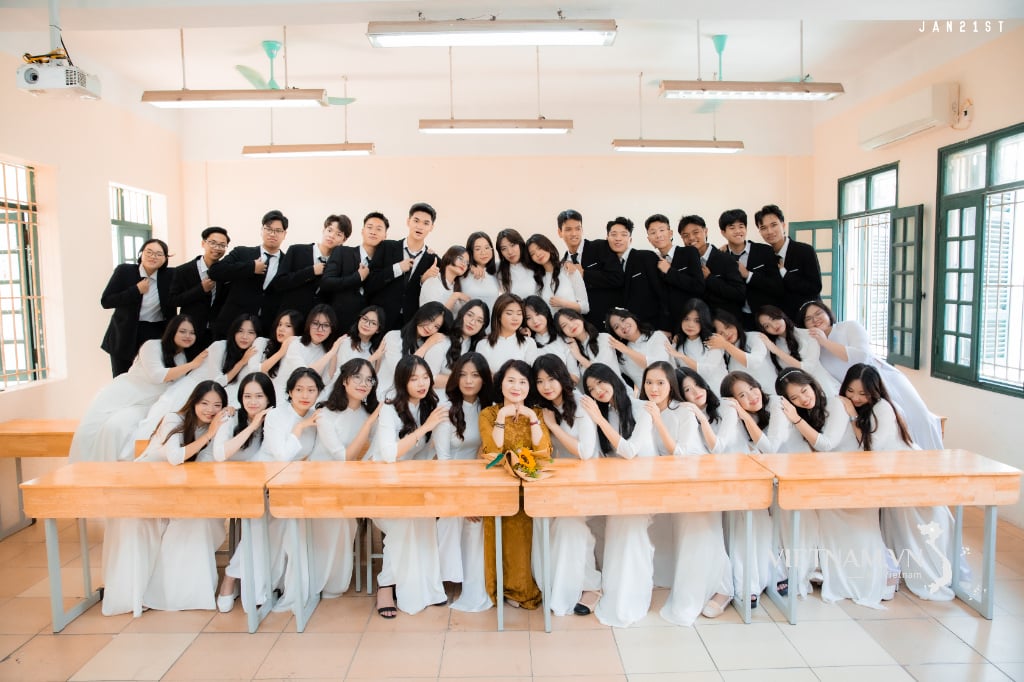


Comment (0)